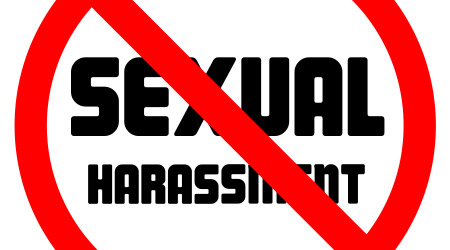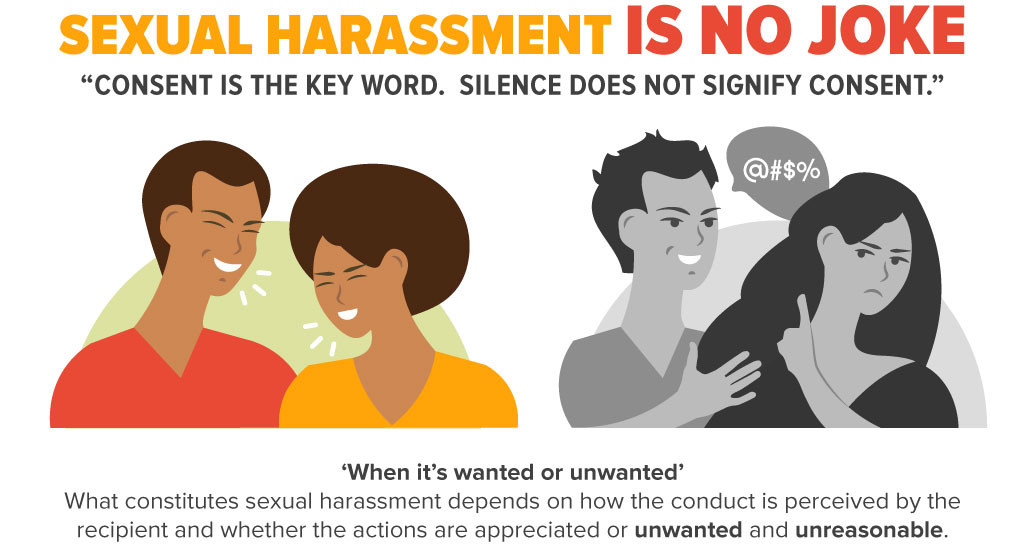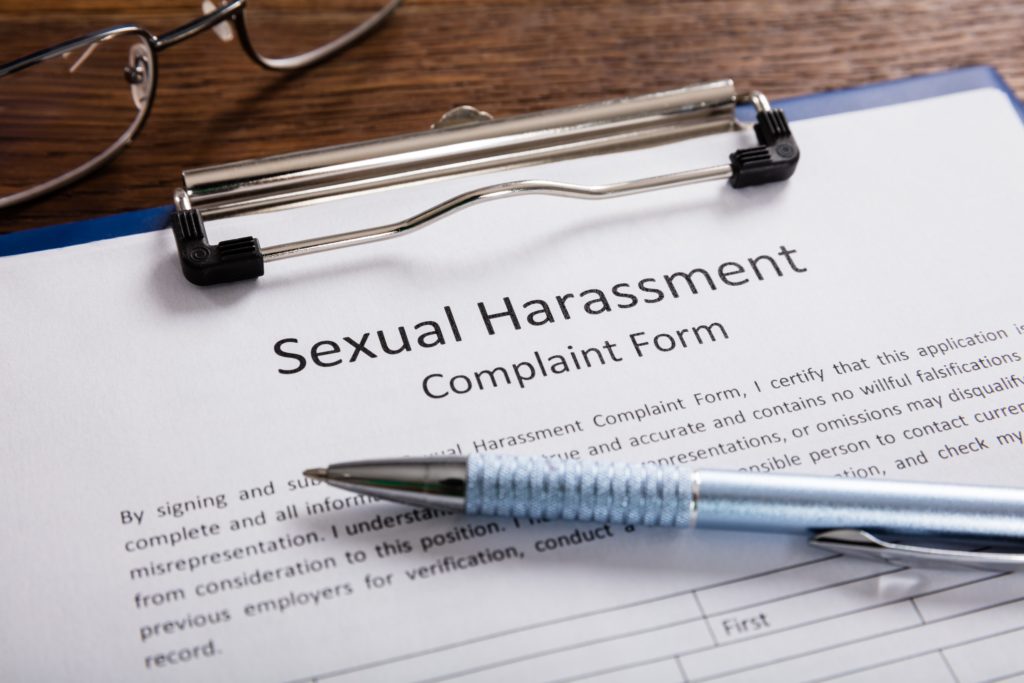Zero tolerance towards
sexual harrassment
We here at the University have a zero tolerance policy towards sexual harassment.
We believe in creating awareness amongst our staff, students and faculty and encourage them to report any such incidents so that they can be investigated and appropriate action can be taken.





